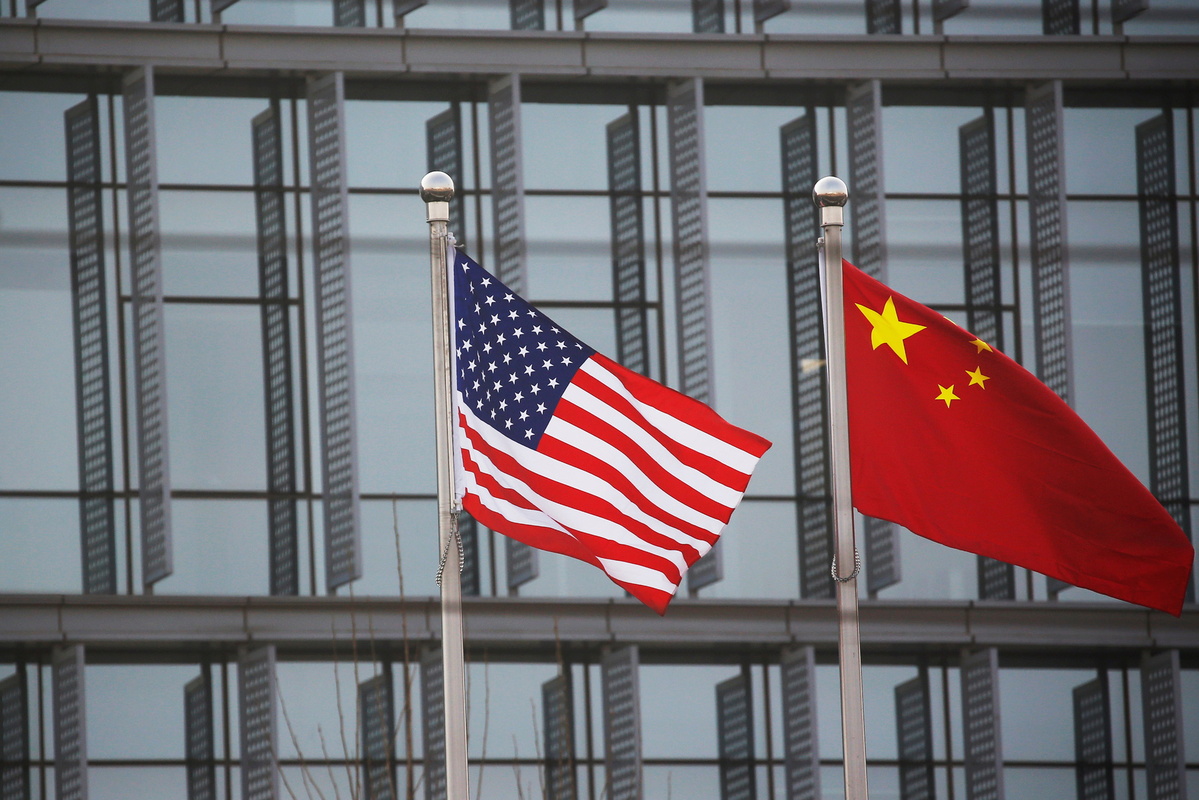America's self sabotaging in its tech war with China
chinausfocus.com | Updated: 2023-02-03 10:22

America's tech war with China could be self-defeating, said Stephen Roach, faculty member at Yale University, in his recent article "The Sino-American Tech Trap" published on Project Syndicate.
Roach pointed out that technology is at ground zero in the conflict between the US and China. The tech war between the two superpowers could well be a defining struggle of the twenty-first century.
Huawei, China's national technology champion, has been seen as a threat in America's tech conflict with China for its world-class 5G platform. Roach said that Huawei's threat is the tip of the iceberg in America's tech conflict with China. The so-called Entity List that the US uses to blacklist foreign companies for national-security purposes has also been expanded to include Huawei's supply chain, as well as a number of Chinese tech companies.
With the passage of the CHIPS and Science Act of 2022, the Biden administration imposed harsh export restrictions on advanced semiconductor chips to strangle promising Chinese efforts in artificial intelligence and quantum computing.
Roach said "squeezing adversaries does not compensate for the lack of heavy lifting at home." In recent years, the US has under-invested in its basic research. Roach, in his article, presented that in 2020, US basic research slipped to 15.6 percent of total R&D spending, well below its 18.8 percent peak in 2010. The US has been making no recent efforts to change that.
China is on the move to develop its investment in basic research. Roach pointed out, "At the turn of the century, China spent just 0.9 percent of its GDP on R&D, or roughly one-third of the 2.6 percent share in the US. By 2019, China was spending 2.2 percent of GDP on R&D, or 71 percent of America's 3.1 percent share."
Roach said America's fondness for blaming China with the problems of its own making is an excuse, not a strategy. "Trapped in a political system that places little value on strategy, there is no guarantee that the US will prevail in an existential tech conflict with China," he concluded.
























